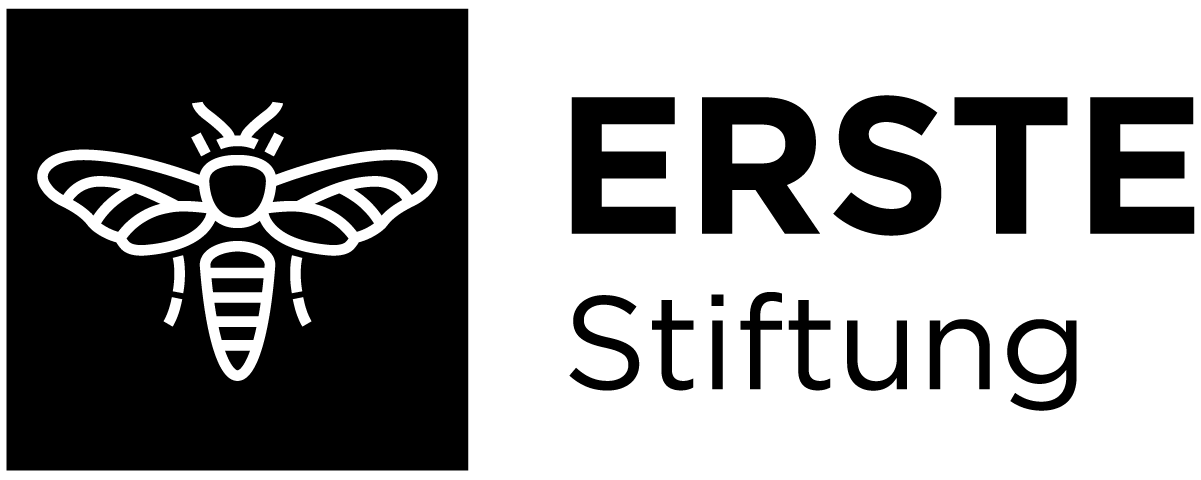| co/rizom incubator is guiding amazing artisans, designers and business professionals in developing their collections for a global audience. focus on series will allow you to get to know better the people behind the PODs. This edition is dedicated to Garbaha: contemporary ceramics in Grottaglie. The POD aims to attract attention onto the ceramic district of Grottaglie by revisiting and re-interpreting the ancestral symbols of Apulia. The project takes off from extensive iconographic research, connecting the tradition of Grottaglie to contemporary rituals in a collection of ceramic artifacts. |
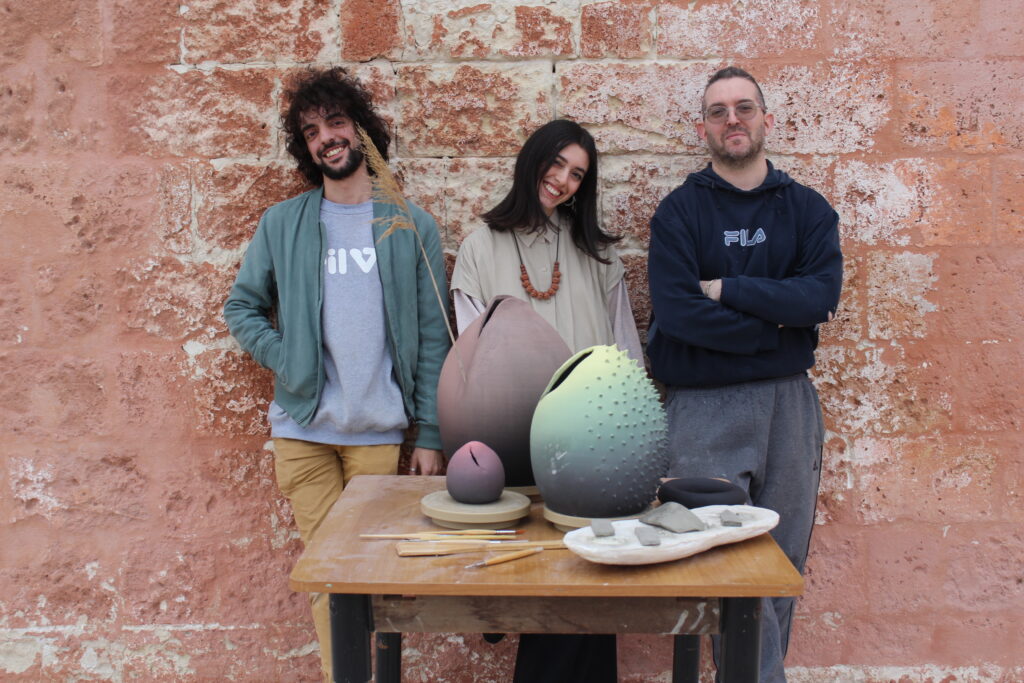
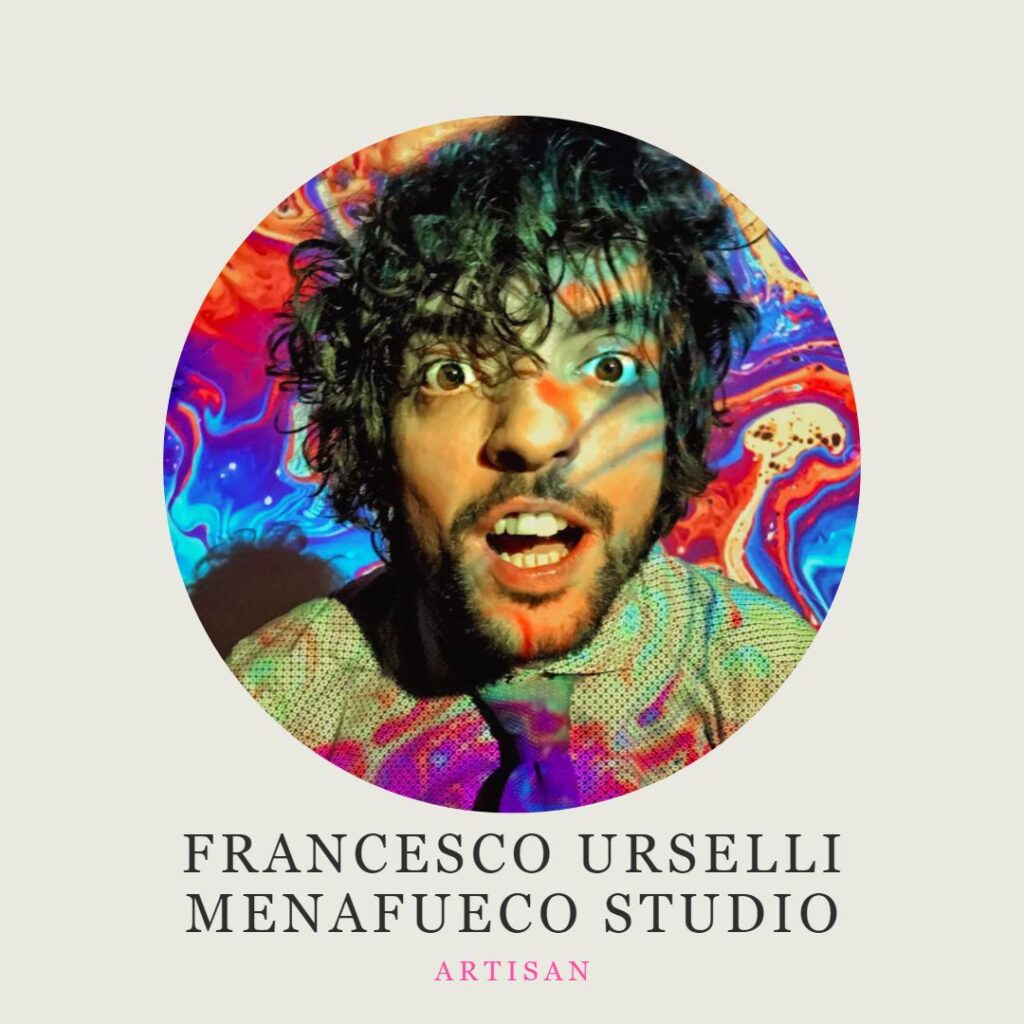
| MENA FUECO is a space in Grottaglie, Italy, that actively exhibits and promotes works from worldwide emerging contemporary ceramic artists, whilst engaging as a kind of incubator of audacious projects. The studio offers a selection of funky and unusual ceramic works with a strong personality and an extraordinary story to tell. How did you start working as an artisan? As the founder of MENA FUECO studio, I started my work out of a passion for creating beautiful and meaningful things. I believe that design should not only be aesthetically pleasing but serve a purpose and make a positive impact on society. That’s why I decided to combine my love for design with my entrepreneurial spirit and create a project that could not only generate revenue but contribute to the greater good. What attracts you to the material you chose for the process? As a child born and grown in Grottaglie, I’ve been surrounded by ceramics all my life. It is a versatile material that allows us to explore different textures, colors, and finishes. Ceramic is also a sustainable material, and we strive to minimize waste in our production process by reusing materials and reducing our carbon footprint. Can you describe the material in 3 words? Versatile, complicated and beautiful. Describe the co/rizom incubator in 3 words Innovative, supportive and community-driven. |
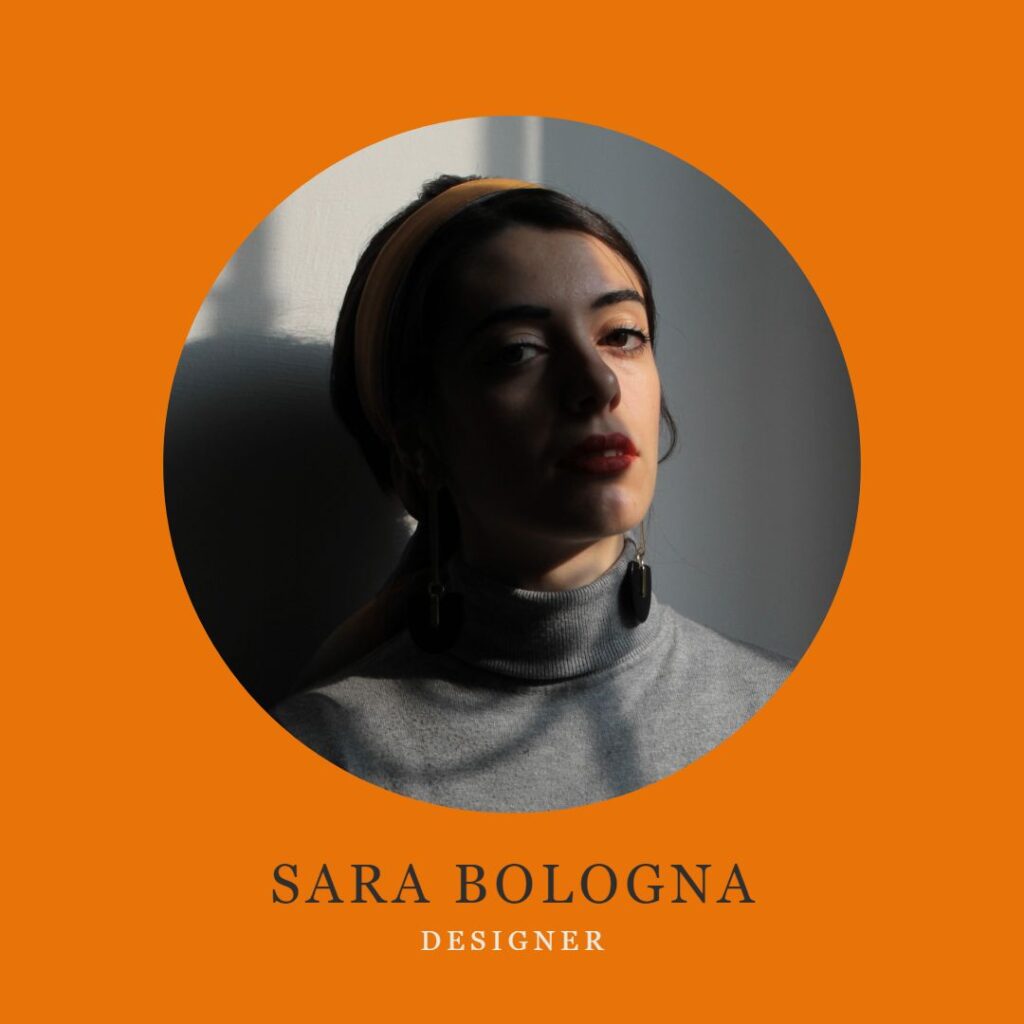
| Sara Bologna is a designer and design curator based in Milan. With a background in both design and contemporary art, she develops and manages projects related to the exploration of cross-disciplinary design practices, while at the same time pursuing her own design research with a focus on the immaterial and anthropological dimensions. How did you start working as a designer? I was trained as a designer at the Politecnico school of Milan, but it took some years to figure out what design really meant for me. I started working as a project coordinator for art and design-related cultural organizations which helped me gain a wider vision of the field. At one point I felt the urge to start telling my own story, my own vision of the world. co/rizom is a big chance for me because its vision perfectly fits mine: one of a world based on equity & respectful production of meaningful objects meant to enhance everyday life. What does the word ”craft” bring to mind? I feel great respect for the artisans because their know-how translates what is, in my opinion, the main characteristic of human beings: we create. Also, when talking about craft I can’t help thinking of William Morris’ ethic of work as expressed in the Arts&Crafts movement. His ideal of work as a mean for elevating one’s spirit is so much relevant nowadays, in an age where it’s so easy to lose the sense of one’s work – craft can really be a chance for finding again the joy in what we do. What attracts you to the material you chose for the process? Ceramics is somehow mystical: it embodies the four forces of Nature, it is a mixture of earth and water, air and fire. This earthly dimension of the material also speaks of the mythological origin of man. In Hebrew the world āḏām «man» is etymologically related to ăḏāmāh «earth», and also in latin the words ‘homo’ and ‘humus’ share a degree of correlation. What is an emotion connected to this collection? The collection is inspired by the ancient symbolism of Apulia region. This specific part of Italy is very dear to me, I like to call it Italy’s India because I feel it has a peculiar energy and spirituality. This collection embodies my personal perception of this place: a sense of calmness, balance with nature and at the same time an unstoppable urge to live. |
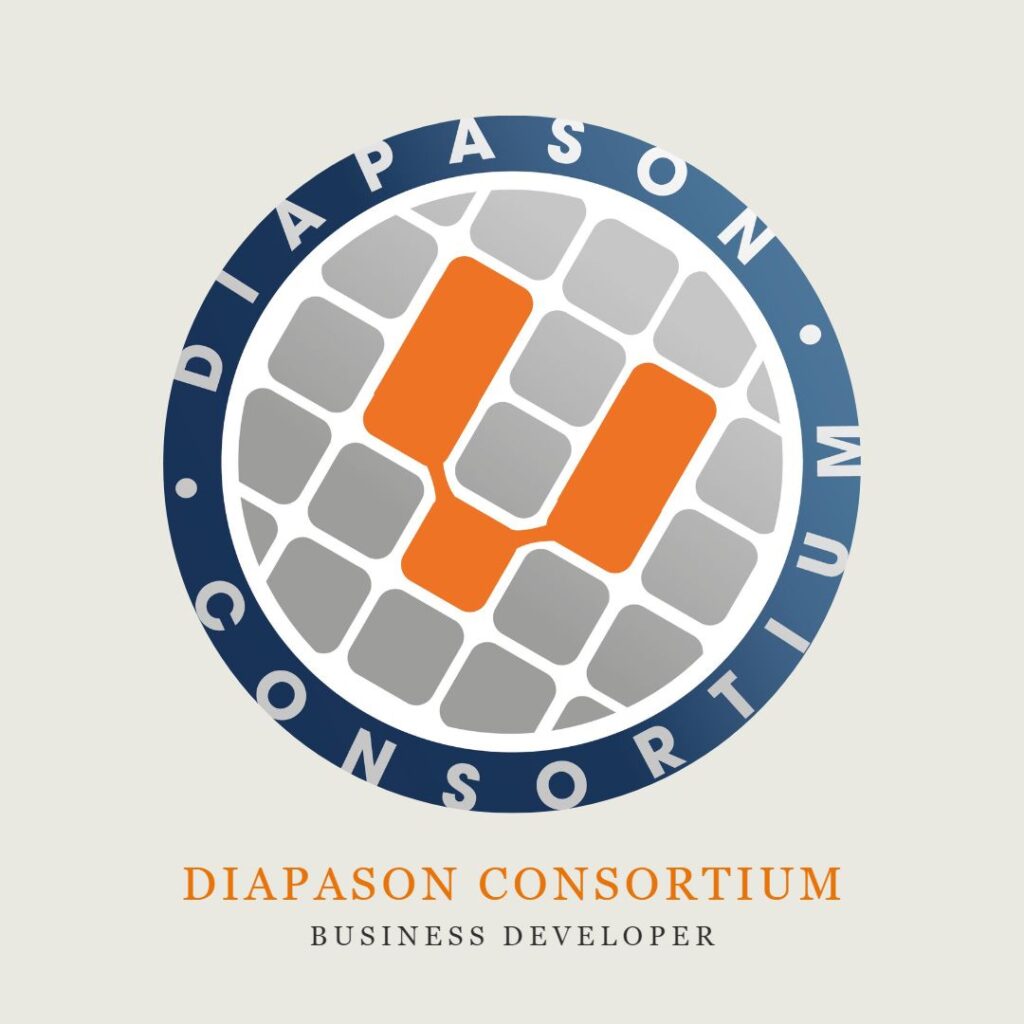
| Diapason Consortium was born in 1997 and is very active in the fields of territorial marketing, tourism, culture and art, represented by Antonio Bologna. What does the word ”craft” bring to mind? The Italian way to craftsmanship: the union between art and work. The concept of overlapping and coincidence between professional and existential spheres. The workshop that is at the same time a family. What would be the dream, professionally speaking? My dream is to become an effective go-between: a person capable of preserving what has been good so far and passing it on to the next generations. We are at a time of transition and in order to move from our current civilisation to the new one, we need someone who knows how to preserve and distil the best of our culture. My inspiration is the figure of Severinus Boethius, who lived in the late 400s and early 500s A.D. The transition between the ancient and medieval era is similar to what we are experience now in the XXIth century. What has survived from ancient times is thanks to those people who condensed the best of it and passed it on. |
